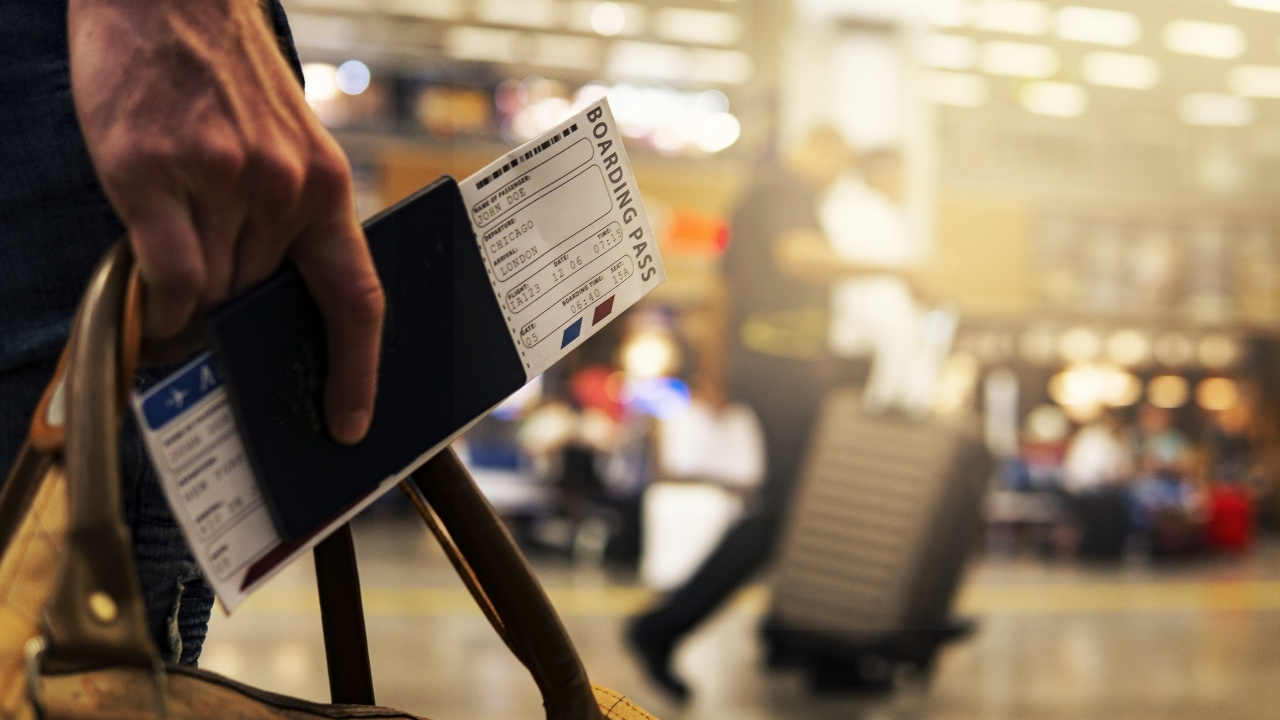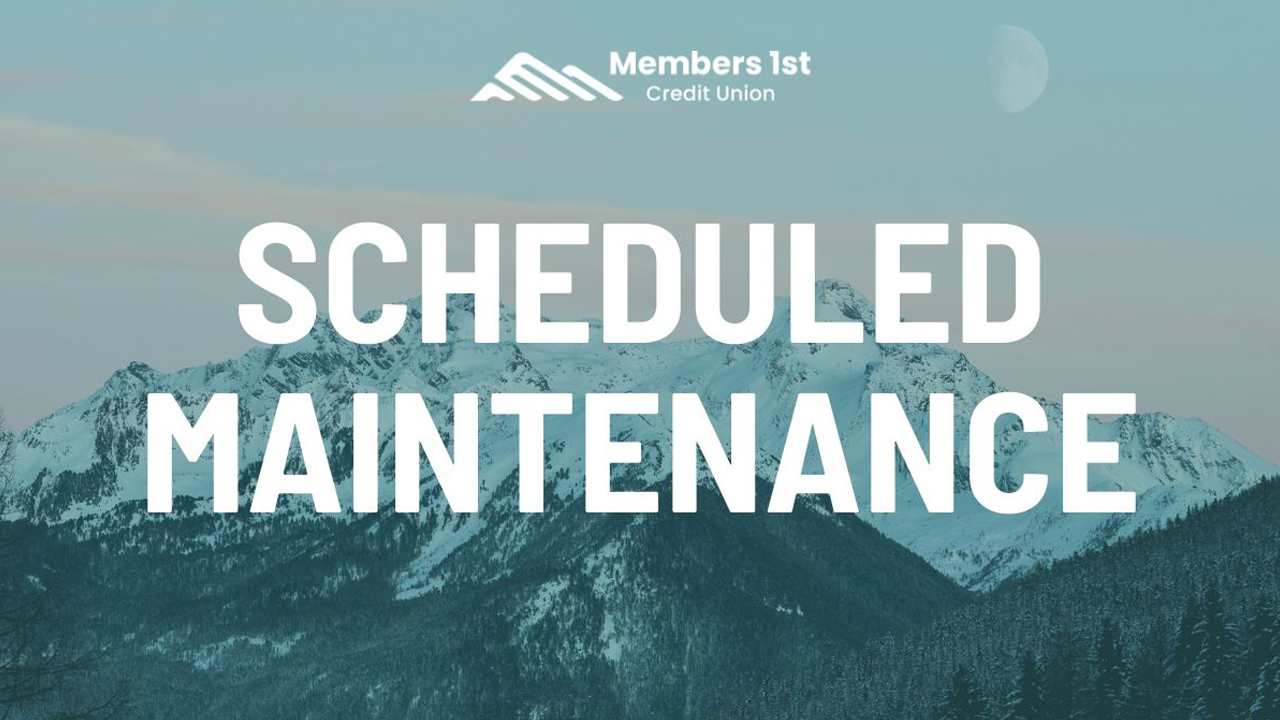
Stay One Step Ahead of Holiday Travel Scams!
The holiday season brings joy, celebration, and often travel. Unfortunately, it also brings a spike in scams targeting busy travelers. From fake deals to identity theft, scammers use sophisticated methods to exploit holiday chaos. Here’s an overview of the most common holiday travel scams and tips to avoid them.
Too-Good-to-Be-True Travel Deals
Fake travel deals are everywhere during the holidays, with scammers promoting deeply discounted flights, vacation packages, or hotels. These offers often lead to bogus booking sites or demand upfront payment through untraceable methods.
Tip: Book directly with airlines, hotels, or trusted travel platforms, and verify deals with official sources.
Fraudulent Vacation Rentals
Scammers post fake vacation home listings on legitimate rental platforms or obscure websites, often using stolen photos. Victims pay deposits or full amounts for properties that don’t exist or aren’t available.
Tip: Stick to rental platforms with verified listings and use their built-in payment systems. Look for properties with reviews and a history of bookings.
Imposter Airline Customer Support
When flight issues arise, scammers capitalize by creating fake customer service numbers or websites. They trick travelers into sharing personal details or making unnecessary payments.
Tip: Always contact airlines using official phone numbers or websites. Double-check URLs for accuracy to avoid spoofed sites.
Phony Travel Insurance
Travel insurance is essential during the unpredictable holiday season, but scammers sell fake policies that offer no real coverage. Victims often discover the fraud when trying to file a claim.
Tip: Purchase insurance from reputable providers and verify their credentials through your state’s insurance regulatory agency.
Public Wi-Fi Risks
Scammers exploit public Wi-Fi at airports, hotels, and cafes to intercept sensitive data like login credentials or payment information.
Tip: Avoid accessing sensitive accounts or making online purchases over public Wi-Fi. Use a virtual private network (VPN) for secure browsing.
Fake Tour Operators or Travel Agents
Posing as legitimate agencies, scammers collect payments for tours, accommodations, or flights that don’t exist. Victims typically find out when their “booking” can’t be confirmed.
Tip: Research agencies thoroughly, check for reviews, and ensure they have a professional online presence and clear contact information.
Package Delivery and Luggage Theft
While traveling, scams aren’t limited to bookings. Fraudulent package delivery texts and airport luggage theft schemes are on the rise, adding another layer of risk to holiday plans.
Tip: Use official carrier apps for tracking deliveries, and keep your luggage secure by never leaving it unattended.
Stay Vigilant This Holiday Season
The holidays can be stressful enough without the added headache of falling victim to a scam. By staying informed, double-checking offers, and prioritizing security, you can ensure your holiday travel plans are safe and enjoyable.
If you encounter a scam, report it to the Federal Trade Commission (FTC) or your local consumer protection agency.


.jpg)
.jpg)
